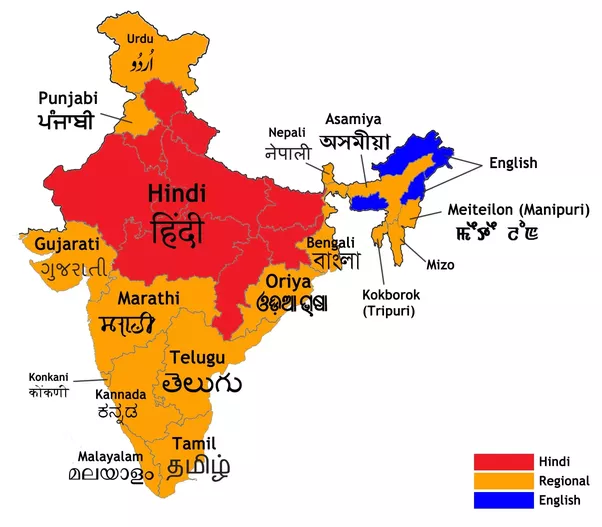Free Courses Sale ends Soon, Get It Now


Free Courses Sale ends Soon, Get It Now



Copyright infringement not intended
Context - Comments by a Bollywood actor that Hindi is the national language of India raised a controversy over the position of the language under the Constitution of India.
Details
Indian Constitution about Official Language
Language of the Union
Regional Language
Language of the Judiciary and legislation
Development of Hindi Language
Way Forward
https://epaper.thehindu.com/Home/ShareArticle?OrgId=G049P7I60.1&imageview=0
© 2024 iasgyan. All right reserved